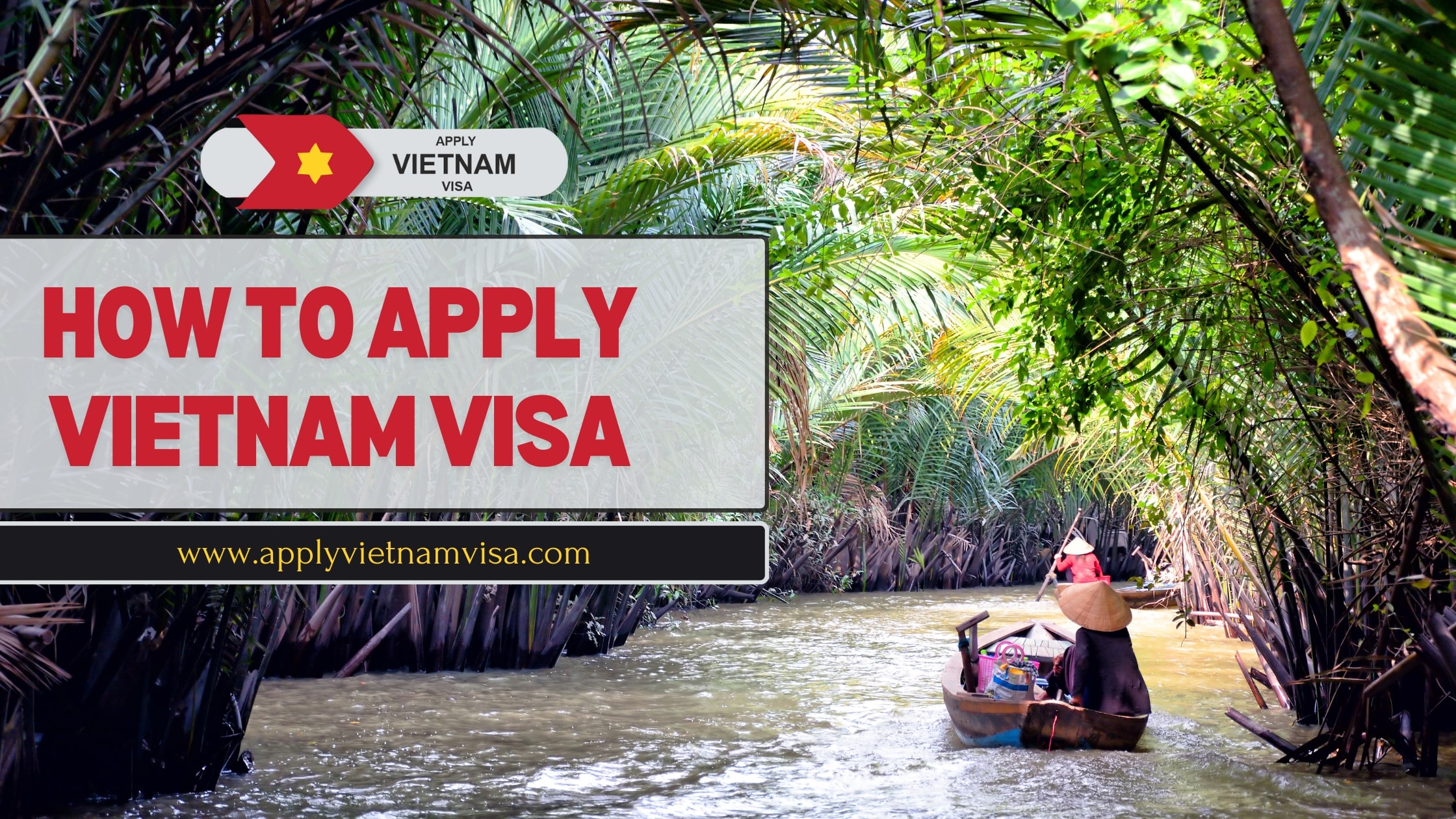Traveling to Vietnam is an exciting adventure, filled with stunning landscapes, rich history, and vibrant culture. One of the essential steps before your trip is ensuring you have the correct visa to enter the country. This article will guide you through the process to apply Vietnam visa, highlighting the different types of visas, application methods, and key tips for a hassle-free experience.
Understanding Vietnam Visa Requirements
Before diving into the application process, it’s important to understand whether you need a visa. Citizens of certain countries may enjoy visa exemptions for short visits, but most travelers will need to secure a visa to enter Vietnam. The type of visa you need depends on your purpose of travel, such as tourism, business, or family visits, and your planned length of stay.
Types of Vietnam Visas
Vietnam offers several types of visas to cater to various travel purposes:
Tourist Visa (DL): For leisure travelers exploring Vietnam’s attractions.
Business Visa (DN): For those attending meetings, conferences, or conducting business activities.
Work Visa (LD): Required for foreign workers with employment contracts in Vietnam.
Student Visa (DH): For students enrolling in Vietnamese educational institutions.
Each visa type has its specific requirements, so ensure you check the details before you apply Vietnam visa.
Methods to Apply Vietnam Visa
There are three primary ways to obtain a Vietnam visa:
1. Visa on Arrival (VOA)
Visa on Arrival is one of the most popular options for travelers arriving by air. Here’s how it works:
Apply online through a visa processing service to receive an approval letter.
Print the approval letter and prepare your passport, photos, and stamping fee in cash.
Upon arrival at a Vietnamese airport, present your documents at the immigration counter to get your visa stamped.
This method is convenient and quick, but it’s available only for those flying into Vietnam.
2. E-Visa
Vietnam's e-visa system allows eligible travelers to apply and pay for their visa entirely online.
Visit the official Vietnam Immigration website.
Complete the application form, upload your photo, and pay the fee online.
Receive your e-visa via email, which you can print and present upon arrival.
The e-visa is valid for 30 days and is ideal for tourists and business travelers.
3. Embassy or Consulate Application
For those not eligible for VOA or e-visas, applying through a Vietnam Embassy or Consulate is the traditional route.
Submit your passport, visa application form, and supporting documents in person or by mail.
Pay the visa fee, which varies by embassy and visa type.
Wait for processing, which can take up to a week.
This method is suitable for all entry points, including land and sea.
Steps to Apply Vietnam Visa
Check Your Eligibility: Confirm the visa type and application method suitable for your nationality and purpose of travel.
Gather Documents: Prepare your passport (valid for at least six months), recent passport photos, and other required documents.
Choose an Application Method: Decide between VOA, e-visa, or embassy application based on your convenience and entry point.
Complete the Application: Fill out the required forms accurately and submit your documents.
Pay Fees: Pay the visa processing fee online or at the embassy. Remember to bring cash for the stamping fee if opting for VOA.
Receive Your Visa: Collect your visa or approval letter and keep it ready for immigration checks.
Tips for a Smooth Application Process
Apply Early: Start your visa application at least two weeks before your travel date to avoid last-minute stress.
Double-Check Documents: Ensure your passport has sufficient validity and blank pages for visa stamps.
Carry Cash: Bring USD or VND for the stamping fee, as credit cards may not be accepted.
Beware of Scams: Only use official government sites or reputable visa processing services.
Why a Visa is Essential
Vietnam is a country that strictly enforces its visa regulations. Without the correct visa, you may face denied entry or fines for overstaying. By understanding the requirements and following the steps to apply Vietnam visa, you can focus on enjoying your trip worry-free.
Final Thoughts
Applying for a Vietnam visa doesn’t have to be complicated. Whether you opt for Visa on Arrival, an e-visa, or a traditional application, following the guidelines and preparing your documents in advance ensures a seamless process. So, plan ahead, pack your bags, and get ready to explore the beauty of Vietnam!



